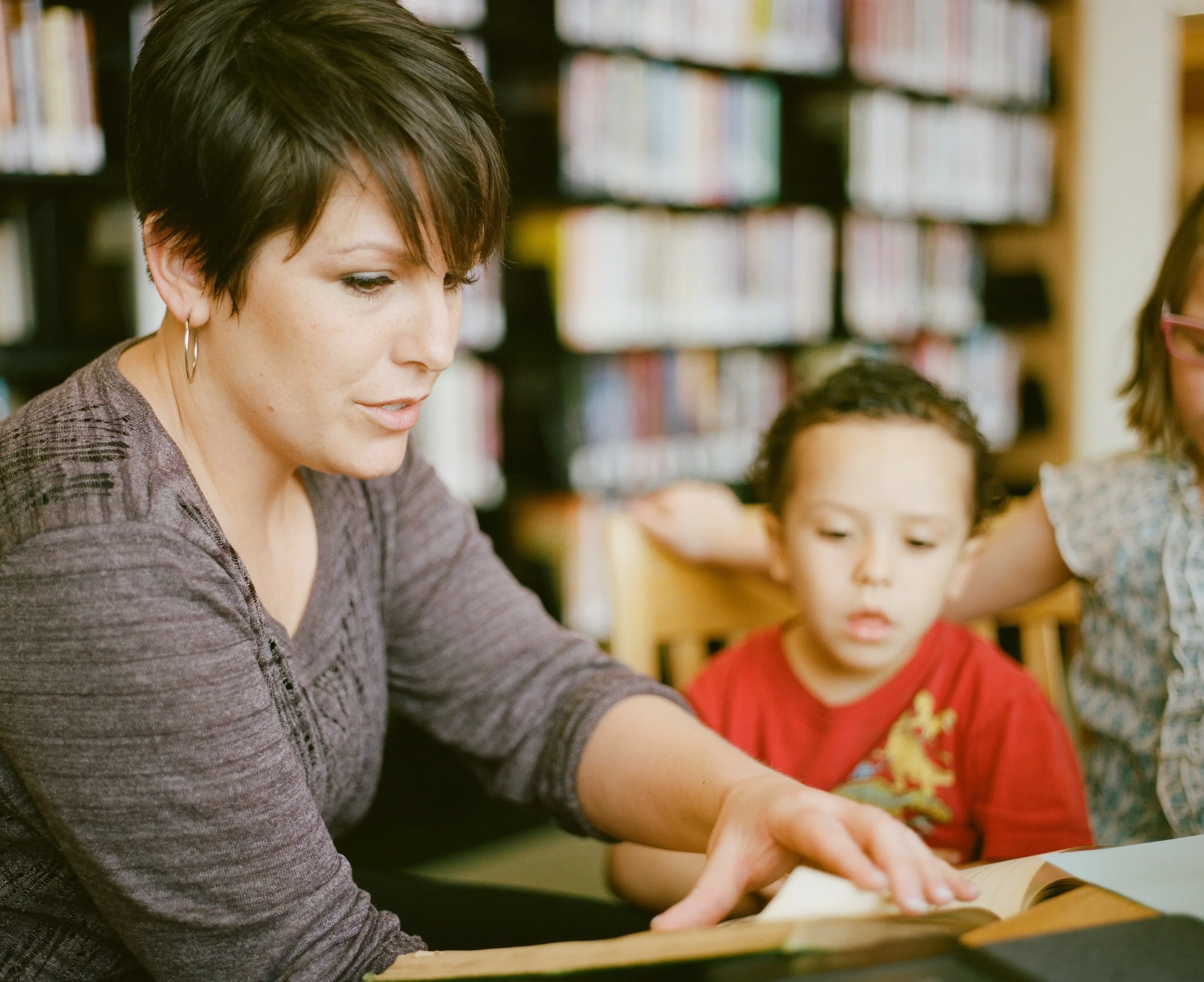In the Indian Sundarbans, like in many places of the world, the climate crisis is a current reality. In this ‘age of adaptation’, climate change is not a future possibility – it is a present threat. In this post, Annabel Dulhunty (@AnnabelDulhunty) from the Crawford School of Public Policy discusses how Australia needs to convert rhetoric into reality when it comes to climate change, through meaningful emission reduction and increased aid for communities most impacted.
Read MoreThe announcement, which fulfils a Labor election commitment, brings much-needed certainty to around 20,000 people who were found to be refugees or at risk of serious human rights violations. This article was first published on The Conversation.
Read MoreThe consensus from the UN, UNICEF and the WHO is that there is a fundamental relationship between human rights and mental health. Importantly, the UN has recognised that young people are often forgotten in the human rights framework and specific approaches should be used to ensure their rights are upheld because they differ significantly from those of younger children. They advocate that the most effective human-rights approach to young people’s mental health care should be based on public health and psychosocial support rather than overmedicalization and institutionalization.
Read MoreAs the inquiry into Robodebt reveals the depth of Australia’s shame over its treatment of welfare recipients, Dr Tjanara Goreng Goreng, Wakka Wakka Wulli Wulli woman, academic, unionist, former public servant and proud grandmother, answers the question: ‘What opportunities and challenges does a universal basic income (UBI) present for Aboriginal and Torres Strait Islander peoples and communities?
Read MoreAboriginal academic Dr Sharynne Hamilton describes how her research co-partnership with Elders in the Perth Aboriginal community has lead to a clear path of action to achieve justice in child protection grounded in respect, and commnunity control.
Read MoreThe sheer scale of placement breakdown and change for children in care in the UK has gathered increasing attention in recent years. We know that children and young people in residential care are more likely to experience placement breakdown and movement, often due to entering care later in adolescence, or being placed children’s homes which are inappropriate to meet their needs as a short term or emergency measure. It has also been noted that private residential placements can pose significant financial costs to local authority children’s services. In this blog, Helen Woods argues that it is vital then to consider what contributes to the success or failure of a residential placement.
Read MoreIn the wake of the budget, the Antipoverty Centre asked people on Centrelink payments – the real social policy experts – for their reactions. One said “This budget is democide. This is social murder. They cannot claim ignorance of the deaths that keeping the welfare rate below the poverty line will cause. A number of them have even said during parliament that the rate is far too low to survive on, but when it comes time to change it they chose not to.
Read MoreAfter the 2022 Federal Government budget, The Antipoverty Centre asked people on Centrelink payments – the real social policy experts – for their reactions. One example: “This budget is an exercise in austerity & cruelty for the poorest, most vulnerable Australians, but for the wealthiest Australians it's an exercise in government handouts.’
Read MoreAeryn Brown is a JobSeeker recipient from Tasmania. They authored the below open letter to social security minister Amanda Rishworth as part of the Break the Poverty Machine week of action, which will be held to mark the International Day to Eradicate Poverty on 17 October – one week ahead of the federal budget. People on low incomes and supporters can get more information and register to participate in the #BTPM protest (either online or in person in Adelaide) here: btpm2022.eventbrite.com.au
Read MoreMarcella Brassett from Democracy in Colour argues the national anti-racism strategy cannot be just another tick-a-box, saying “Black, Indigenous and People of Colour (BIPOC) have done our bit for diversity and inclusion ‘way out’ for white people with power. We need to act on every level to make Australia a safe place to live, work, build families and futures for everyone, not just Anglos.”
Read MoreToday’s piece explores the possibility of a uniquely Australian approach to stewardship in public policy informed by First Nations ways of knowing. It is by Andrew Morgan, who is a Sir Roland Wilson Scholar at ANZSOG and the Crawford School of Public Policy at ANU, with contributions from Craig Ritchie and Lisa Conway.
Read MoreToday’s blog post from Myfan Jordan (@myfan_jordan) of Grassroots Research Studio follows last week’s article describing workplace experiences for women over 40 during the pandemic: Pandemic or endemic: older women and the toxic workplace. Today, we hear the experiences of a disability educator and a healthcare worker during the pandemic. In their own words, they tell us of the psychological health and safety risks they experienced working at the frontline.
Read MoreIn today’s post, originally published in The Conversation in August, Michaela Lang, Rob Raven and Ruth Lane from Monash University discuss findings from research on how landlords make decisions that affect the energy efficiency of their rental properties. They argue that change is urgently needed to ensure Australians from all walks of life can live in comfortable, healthy and climate-resilient homes. And they call on governments to emphasise comfort and other benefits for tenants when introducing new energy-efficiency policies and incentives.
Read MoreMany women who experience family violence, many reach out to a healthcare professional. In today’s analysis, Dr Joyce Chia (@JoyceKWChia), Policy & Advocacy Lead at Health Justice Australia (@HealthJusticeAu), asks how we can better equip the health system to respond to violence against women and children. Health Justice Australia is a national not-for-profit centre of excellence that supports the expansion and effectiveness of health justice partnerships.
Read More




















